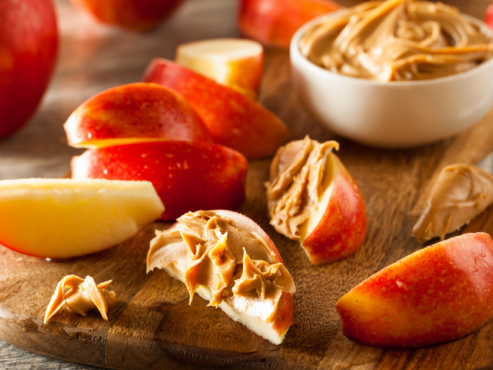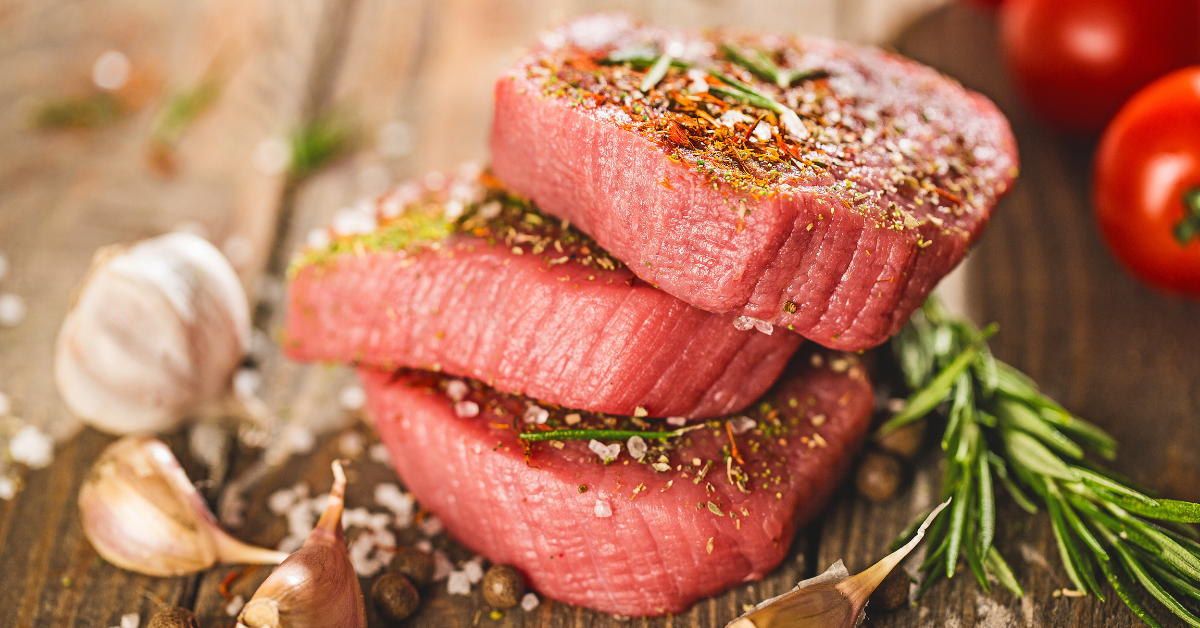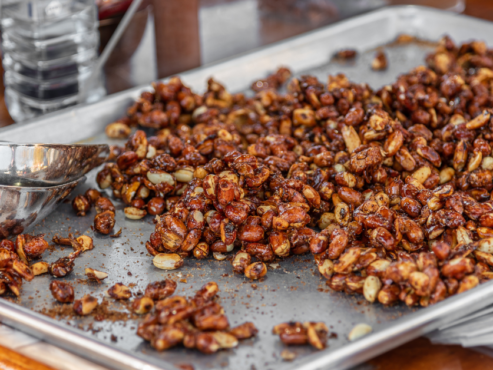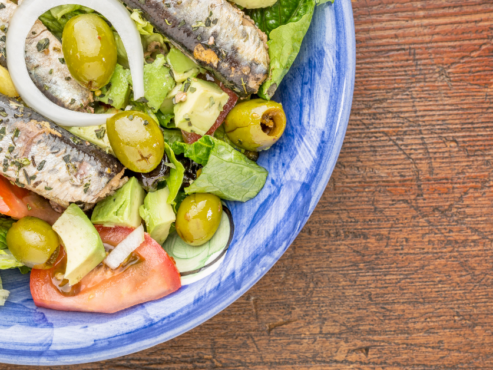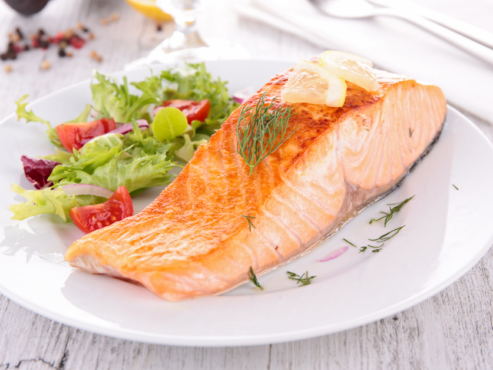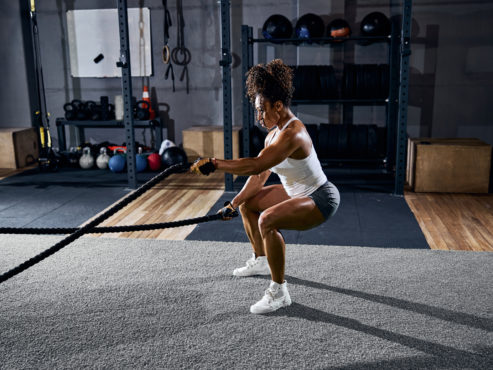
Fueling your body with the right nutrition is essential for achieving optimal fitness performance. Proper nutrition not only provides the energy you need for workouts but also promotes muscle growth and enhances overall performance. In this post, we will explore the key nutrition essentials that can help you reach your fitness goals.

Macronutrients: Protein, Carbohydrates, and Fats
Macronutrients play a vital role in fueling your body for exercise, supporting muscle growth, and providing energy. Protein is crucial for repairing and building muscles, while carbohydrates are the primary energy source for high-intensity workouts. Healthy fats help in hormone production and aid in nutrient absorption.
To optimize your fitness performance, it’s important to consume an adequate amount of each macronutrient. For active individuals, a general guideline is to aim for approximately 1.4-2.2 grams of protein per kilogram of body weight, 3-5 grams of carbohydrates per kilogram of body weight, and 20-35% of your daily caloric intake from healthy fats. Incorporate lean meats, poultry, fish, legumes, whole grains, fruits, vegetables, and sources like avocados, nuts, and seeds into your diet.
Micronutrients: Vitamins and Minerals
Micronutrients are essential for the proper functioning of the body and have a significant impact on fitness performance. Specific vitamins and minerals play crucial roles in supporting energy production, muscle function, and recovery. Examples include vitamin D, which aids in calcium absorption and bone health, and iron, which is necessary for oxygen transport and preventing fatigue.
To ensure you’re getting the necessary micronutrients, focus on consuming a varied whole food diet that includes fruits, vegetables, whole grains, lean meats, dairy products, and nuts. Foods like citrus fruits, leafy greens, nuts, seeds, and fermented dairy products are excellent sources of essential vitamins and minerals.
Pre-Workout and Post-Workout Nutrition
What you eat before and after workouts can significantly impact your energy levels, muscle recovery, and overall performance. Prior to exercise, it’s important to consume a balanced meal that includes carbohydrates for immediate energy and protein for muscle repair. Opt for whole grain bread, fruits, lean proteins, and a small amount of healthy fats.
Post-workout nutrition is crucial for replenishing energy stores and aiding in muscle recovery. Aim to consume a combination of protein and carbohydrates within 30-60 minutes after exercise. This can include a protein shake if your short on time or a meal with a good quality lean protein and complex carbohydrates.
Hydration
Proper hydration is often overlooked but plays a vital role in athletic performance and overall health. Dehydration can lead to decreased energy levels, impaired cognitive function, and decreased exercise performance. It’s important to stay hydrated before, during, and after workouts.
Monitor your hydration status by paying attention to the color of your urine. Ideally, it should be pale yellow. During exercise, aim to drink water or a sports drink to replace fluids lost through sweat. After workouts, continue hydrating to restore fluid balance. Remember that individual hydration needs can vary based on factors like exercise intensity, duration, and sweat rate.
Supplements
Sports supplements can potentially offer benefits for energy, performance, and recovery. However, it’s important to know that there are so many out there that it can become a mine field of trying to figure out what you need. Keep it simple, protein powders, creatine, and branched-chain amino acids (BCAAs) are all essentials and are easy to find good quality versions of them. You can find a full article and break down on supplements here.

To optimize your fitness performance, prioritize your nutrition by focusing on macronutrients, hydration, and appropriate supplementation if needed. Tailor your diet to prioritize protein and include adequate amounts of carbohydrates and healthy fats. Incorporate a variety of fruits, vegetables, whole grains, lean proteins, and dairy products to ensure you’re getting essential vitamins and minerals. Stay hydrated and consider personalized nutritional guidance to support your fitness journey. Remember, small changes in your nutrition can have a big impact on your overall performance and well-being.

